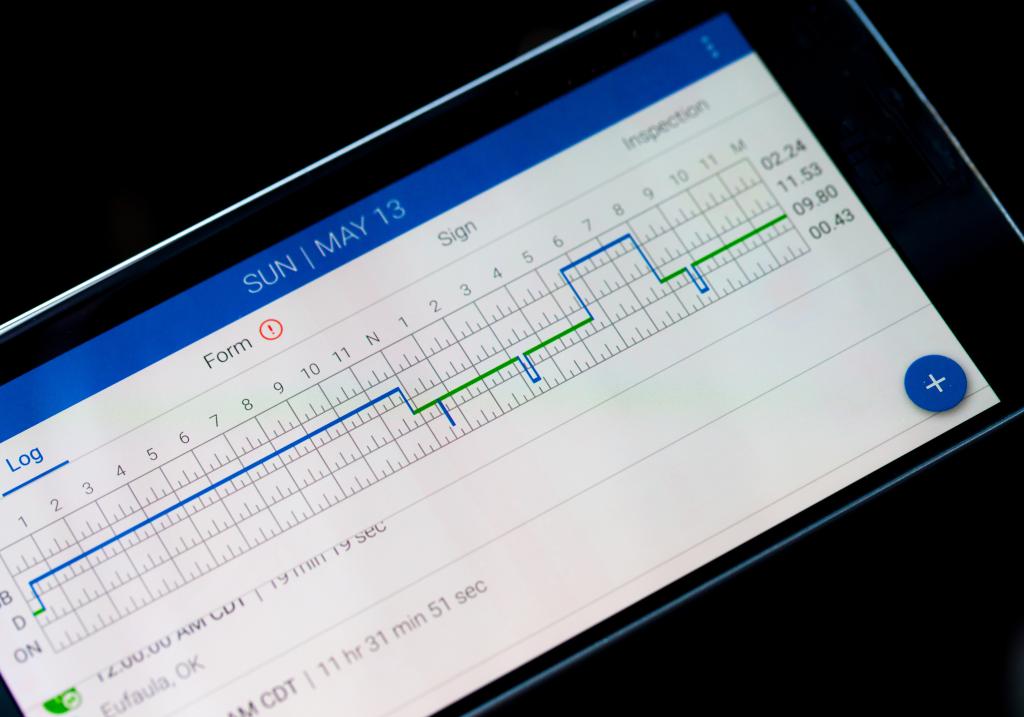DOT Compliance
Navigating Legal and Regulatory Aspects of Tech Adoption in Transportation
By Christopher Robison
2023-08-18

In the dynamic landscape of transportation, small businesses face a myriad of challenges, especially when adopting new technologies in their fleet operations. While technology offers immense benefits, such as increased efficiency and safety, it also brings with it a need to navigate complex legal and regulatory frameworks. This is particularly relevant in light of the recent federal Department of Transportation (DOT) regulations regarding electronic logging.
Understanding the DOT Electronic Logging Law
The Federal Motor Carrier Safety Administration (FMCSA), a branch of the DOT, has mandated the use of Electronic Logging Devices (ELDs). This move aims to create a safer work environment for drivers and make it easier and faster to accurately track, manage, and share records of duty status (RODS) data. ELDs automatically record driving time and monitor engine hours, vehicle movement, miles driven, and location information.
For small businesses running a fleet of buses, compliance with this law is not just a matter of legal obligation but also a step towards modernizing their operations. ELDs replace paper logs and help in maintaining accurate hours-of-service (HOS) records. This transition, however, requires a clear understanding of the regulations and an investment in compliant devices and training.
Electronic Hours-of-Service Logs
One of the key components of the ELD mandate is the management of hours-of-service logs electronically. The HOS rules limit the number of daily and weekly hours spent driving and working, and regulate the minimum amount of time drivers must rest between shifts. By using ELDs, businesses ensure that their drivers are adhering to these regulations, thus maintaining safety and compliance.
The electronic HOS logs are also crucial for audit and inspection purposes. Inspectors can request the electronic records during roadside inspections or compliance reviews, making it essential for businesses to ensure their ELD systems are reliable and data is accurately recorded.
Daily Driver Vehicle Inspection Logs
Another critical aspect is the daily driver vehicle inspection reports (DVIRs). Drivers are required to conduct pre-trip and post-trip inspections of their vehicles and report any defects or deficiencies. The introduction of ELDs and related technologies has digitalized this process. Electronic DVIRs provide a more streamlined, efficient, and auditable way of conducting these inspections.
Steps for Compliance and Implementation
Choosing the Right ELD: Small businesses must select an ELD that is compliant with FMCSA regulations. It’s crucial to choose a reliable vendor that offers robust support and training.
Training and Education: Employees, especially drivers, need thorough training on how to use ELDs and electronic logs. Understanding the nuances of the technology and its application in daily operations is critical.
Data Management and Privacy: Ensure that the data collected is managed securely and in compliance with privacy laws. This includes understanding how data is stored, processed, and shared.
Staying Updated with Regulations: Regulations can evolve, so it’s important to stay informed about any changes or updates in federal and state laws that might affect your fleet operations.
Implementing a Maintenance and Inspection Protocol: Regular checks and maintenance of ELDs should be part of the operational routine to ensure that they are functioning correctly and accurately recording data.
Conclusion
For small businesses in the transportation sector, embracing technology while navigating the legal and regulatory landscape is a balancing act. The adoption of ELDs and compliance with the DOT’s regulations is not just about adhering to the law; it’s about moving towards a more efficient, safe, and data-driven future. By understanding and effectively managing these legal and regulatory aspects, small businesses can position themselves for success in a rapidly evolving industry.
Leave a Reply
Comment? Suggestion? Just plain mad? Why not Leave a comment and let everyone know what you're thinking. Your email address will never be shared or published. Required fields are marked *